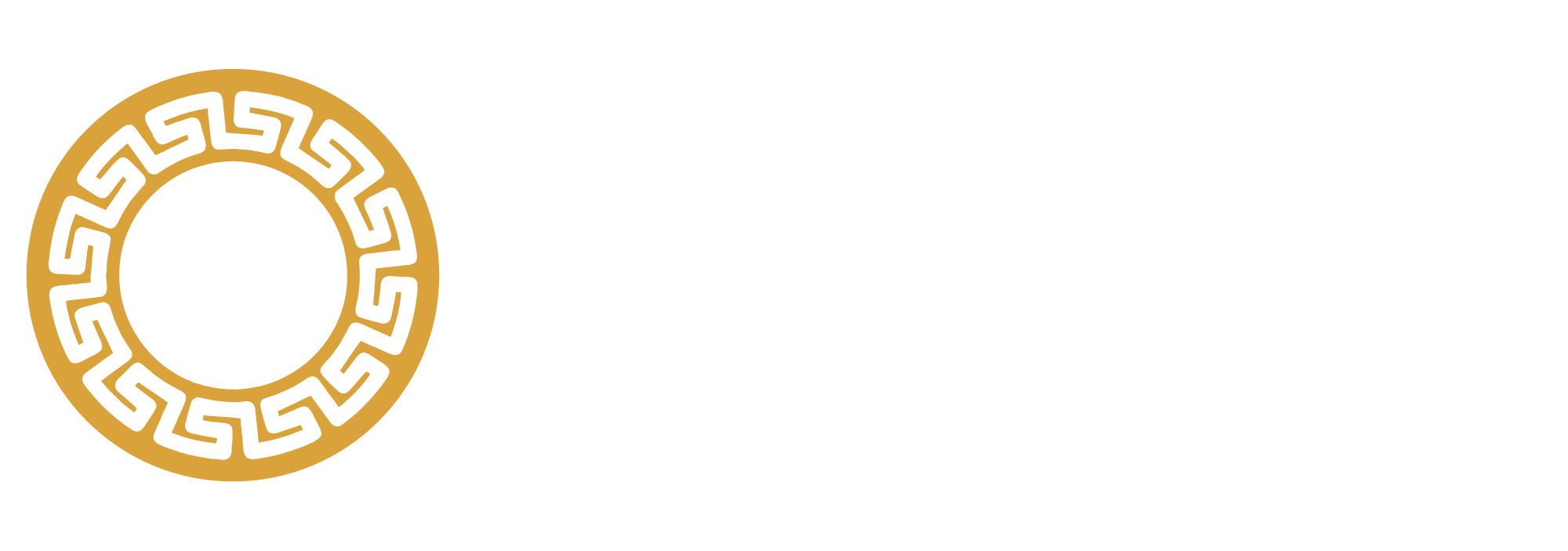tips
Why Is My Heat Pump Not Heating? The Top 10 Issues
When the cold season hits, the last thing you want is for your heat pump to fail. But if you find yourself saying, "My heat pump is not heating," you're not alone. This issue can be both frustrating and discomforting. Heat pumps are a popular heating solution due to their efficiency and dual function as both a heating and cooling system. However, like all mechanical systems, they're prone to problems. In this article, we'll explore the 10 most common breakdowns that could be causing your heat pump not to heat, along with possible solutions. Whether your heat pump is not blowing hot air, its heat is not working, it runs but no heat comes out, or you're experiencing other heat pump problems, we've got you covered.
1. Thermostat Issues
Thermostat issues are often the root cause of a heat pump not heating effectively. Incorrect settings or a malfunctioning thermostat can impede your system's operation. It's crucial to verify that the thermostat is switched to "heat" mode and that the set temperature exceeds the current room temperature. Prompt thermostat repair or adjustment is essential to restore proper function to your heat pump, ensuring it operates efficiently and maintains your home's comfort levels.
2. Low Refrigerant Levels
Low refrigerant levels are a common culprit behind heat pump issues, notably when your unit fails to blow hot air. This problem, critical to the system's ability to heat and cool your home, often stems from leaks or might originate from being undercharged during its initial installation. Understanding why your refrigerant is low is crucial, as it directly impacts your heat pump's performance. To ensure your system operates efficiently and effectively, it's necessary to enlist the expertise of a professional who can accurately diagnose leaks, repair them, and refill the refrigerant to the appropriate level.
3. Dirty Air Filters
A clogged air filter can restrict airflow, significantly reducing your system's efficiency and effectiveness. This can lead to your heat pump running but no heat being produced. Regularly checking and replacing your air filters can prevent this issue.
4. Faulty Reversing Valve
The reversing valve is crucial for switching your heat pump from cooling to heating mode. If this valve is faulty, it may be stuck in the wrong position, causing your heat pump heat not to work. This requires professional repair or replacement.
5. Outdoor Unit Obstructions
The outdoor unit of your heat pump needs adequate airflow to function correctly. Leaves, dirt, and other debris can obstruct the unit, leading to heat pump problems. Regularly cleaning around the unit can prevent these issues.
6. Defrost Mode Issues
In cold weather, the outdoor unit can freeze and go into defrost mode to melt away ice. If the system has issues with the defrost cycle, it can lead to extended periods without heat. Faulty sensors or controls typically cause this problem.
7. Electrical Problems
Electrical issues, such as tripped breakers or blown fuses, can prevent your heat pump from operating. Check your electrical panel to ensure everything is in order. If your heat pump frequently trips the breaker, it's crucial to contact a technician to diagnose the underlying problem.
8. Compressor Issues
The compressor is the heart of your heat pump, responsible for circulating refrigerant. If it's malfunctioning, your system may run, but no heat will be produced. Compressor problems often require professional diagnosis and repair.
9. Improper Installation
If your heat pump was not installed correctly, it might not operate efficiently. This can lead to various problems, including inadequate heating. Ensuring that a qualified professional installs and maintains your heat pump can prevent these issues.
10. Aging or Wear and Tear
Like all mechanical equipment, heat pumps wear out over time. An aging system may struggle to heat your home effectively, leading to frequent breakdowns and reduced efficiency. If your system is old, it might be time to consider a replacement.
Troubleshooting Tips
Before calling a professional, there are a few things you can do to troubleshoot your heat pump:
- Check the thermostat settings: Ensure it's set to heat and the temperature is correct.
- Inspect the air filters: Clean or replace them if they're dirty.
- Look for any visible obstructions around the outdoor unit: Clear away debris if necessary.
- Reset your system: Sometimes, simply turning your heat pump off and on again can resolve temporary glitches.
When to Call a Professional
While some issues can be resolved with simple checks and maintenance, many heat pump problems require professional attention, especially when dealing with refrigerant, electrical issues, or internal components like the compressor or reversing valve. An experienced technician can ensure your system operates safely and efficiently.
Conclusion
Experiencing issues with your heat pump can be a significant inconvenience, especially during cold weather. Understanding the common reasons why your heat pump is not heating can help you identify and address the problem more quickly. Regular maintenance is key to preventing many of these issues, but when in doubt, don't hesitate to call a professional.
For more insights on heating solutions and troubleshooting, be sure to read our other
For more insights on heating solutions and troubleshooting, be sure to read our other
